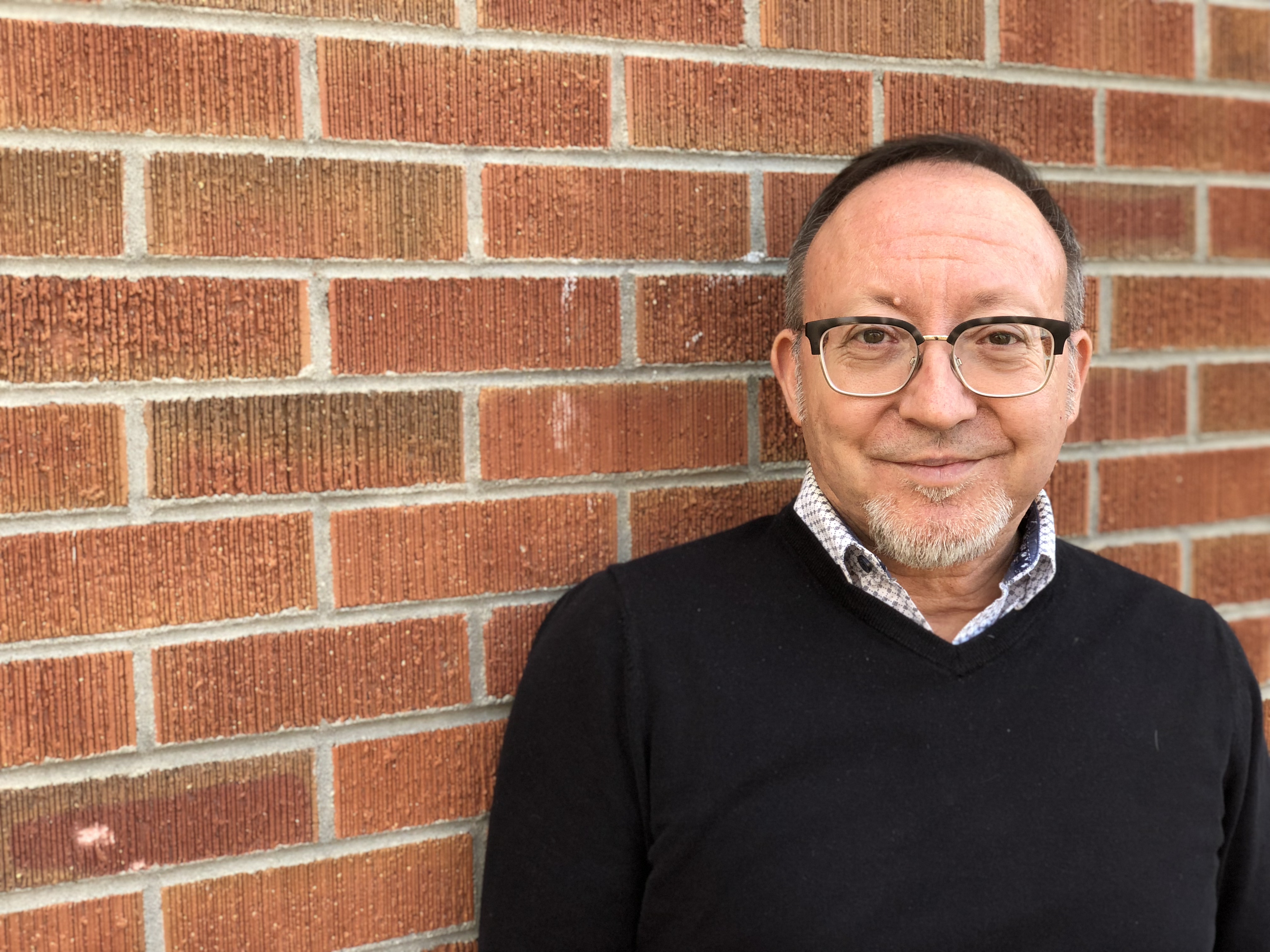Unpacking the Pieces—Attractions and Orientation
In my last blog, I commented our attractions can be as complex and complicated as our sexuality. It’s probably why this has turned into two articles. It is a broad topic which encompasses a wide range of reasons why we’re drawn to people. I shared my own “experiences” of attractions throughout my developing years. I had attractions for friendship with certain people and crushes which ended up in moments of joy and broken hearts. When I experienced growing sexual feelings at puberty, they took me to a crossroads of confusion. I had a growing awareness of being attracted to girls and boys in my class.
I was left with many perplexing questions, one of which was “does this mean I’m gay?” It leads to a question about orientation. Do these experiences of attraction mean that I am “oriented” in some way and that says something specific about me? It may or it may not—that is a question which also moves towards a conclusion about identity. That is a whole other blog (or two) and will be coming later in the series.
When you add church culture, theology and relationship with God into the mix, there are even more painful complications to navigate. Are my attractions good or bad? Where does lust and sin fit in the equation? If I find myself attracted to the same gender, is it a sin? What about the longings, desires and emotional needs God has created in me? Let’s unpack some of these.
Is Having Same-Sex Attraction a Sin?
Seems like a simple “yes” or “no” answer, don’t you think?—but sound-bite answers are usually not helpful. Like everything else in our lives, including our thought life, emotions and choices, our attractions must be under God’s direction. All these “experiences” of attractions we feel all day, every day can be submitted to His guidance. These can quickly become moments of temptation. What a crazy day it would be if I indulged every temptation into something sinful.
And of course, it’s the tension in which we live —with the choice of taking a temptation into full blown sin. Jesus taught us to pray we would not be lead into temptation but be delivered from evil. James 1:5 describes the progression of temptation giving birth to the possibility of sin. So I may run into a very handsome, funny and kind man in my daily travels and feel an attraction. I am suddenly faced with a choice. Do I use these feelings to get some need of mine satisfied? Or do I talk with God about how I might bless this person in front of me that He loves deeply? The fact that I experience attractions to the same gender is “neutral”. What I choose to act upon (whether in my mind or with a behavior) is where the question of sin enters.
We do not choose the form of temptation, but it does matter how we act on it. And I can’t even lust and fantasize about this person in the privacy of my own mind. Jesus ups the ante in Matthew 5 and brings our sin from a behavior issue to a heart level. If I call someone stupid, it’s the same as murder. Lord our hearts need to be changed. All people, straight or gay, are on the same level playing field and in need of God’s grace and truth. I am grateful for our High Priest (Hebrews 4:15) who knows our weaknesses intimately. He was tempted in every way, yet without sin.
The Missing Element: Our God-given Longings and Desires
And still, this is where most conversations end—on a discussion of sin. This certainly isn’t to be taken lightly for Jesus paid the highest price for our sins, but it’s not a full picture. One of my favorite quotes that I live by is from St Thomas Aquinas. He says, “Every sinful behavior is rooted in a legitimate God-given appetite”. So this means when temptation strikes, what might help towards a healthier response is to pause. What real, legitimate need is lurking just underneath these desires? How might God want to meet it in a better way if I let Him into the conversation?
He has created us for relationship and with many longings, desires and emotional needs. There are many—to really be known and accepted just as we are, to be affirmed, to feel like we belong. We long to feel safe and experience healthy touch. We desire to be loved and to love others well. As you can see, none of these are necessarily sexual—they are simply what it means to be human. They are connected to who God is, since we are created in His image. Our culture constantly sexualizes these needs. It lies to us, saying that to experience these desires on a deep level—it must be sexual. We will always move towards that which we think will meet our needs—it seems natural. But we can do it in a better way.
Mary Heathman often teaches a WGA class called “The Purpose of Attraction”. She speculates that God has a purpose in our attractions—“why am I drawn to this person”? Could God have a purpose in it, like to pray or come alongside them for support? But the enemy also has a purpose–to derail, sexualize or manipulate in ways that selfishly satisfies a need?. How can we cooperate with God more in meeting these legitimate needs better, ways which would honor ourselves and others? Check out Mary’s article here.

Scott Kingry
Program Director
Make a Difference in Someone's Life
If you enjoy reading WGA’s blogs and would like to show your support, please consider making a donation. Where Grace Abounds is a 501(c)3 non-profit organization. The majority of services, including support groups and discipleship counseling, are provided free of charge. Your financial gifts help to cover the costs associated with offering a free program to those who seek WGA’s services.


thanks Scott, Oh how I feel that line of desire and sin. I know the enemy cannot create anything, anything created comes from God- attraction, sexuality, and desire- but the enemy corrupts.
Blessings to you
Hey Karl, Thanks SO much for responding! Yes!—the enemy can only twist and pervert…Thank God at the core is His true purposes! So great to hear from you!